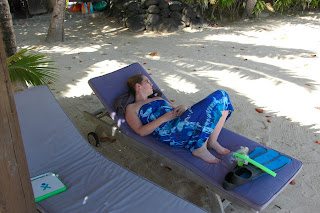I’ve been a long time supporter of
One Laptop Per Child and Sugarlabs, but there are some other quite
interesting innovations that I thought some of our readers may be
interested in hearing about. I’ve just picked a couple to write about.
This idea is based on reusing old computers and giving each child a USB drive with their own computing environment whilst sharing a computer.
It’s an Android based Operating System which allows the student to get the best apps from the marketplace for their education or other uses.
Read the BBC article about Keepod in Nairobi.
Raspberry Pi
The idea behind Raspberry Pi is that you reuse a computer monitor or TV and a keyboard and a mouse to plug into a credit card sized computer (the Raspberry Pi) so that students can explore computing and learn how to program in (quite accessible, easy to learn) languages like Scratch and Python.
The Raspberry Pi is also quite a capable computing device, whether students want to use it for web browsing, writing, or watching videos. You can connect peripherals to make things even more exciting.
The Raspberry Pi website is well set out to make it easy for students to learn how to program their Raspberry Pi and for parents and teachers to support learners.
Aakash tablet and the government of India
Datawind invented the Aakash tablet (also known as UbiSlate) in response to an Indian initiative to develop a low cost computing device, similar to OLPC, intended for college students. The tablet was sold to the Ministry of Human Resource Development in India.
School in the cloud
Sugata Mitra, renowned for his “hole in the wall” experiment, wanted to build a school in the cloud that utilised what he learned in his granny cloud (students are encouraged by a “grandmother” which enables them to learn what they need and motivates them to find what interests them) and SOLE (self organised learning environments) projects (students work in groups, and use the internet to access educational support). His first cloud school opened this year in India.
Do you know of an initiative that our readers might like to hear about? Please feel free to add in the comments.






